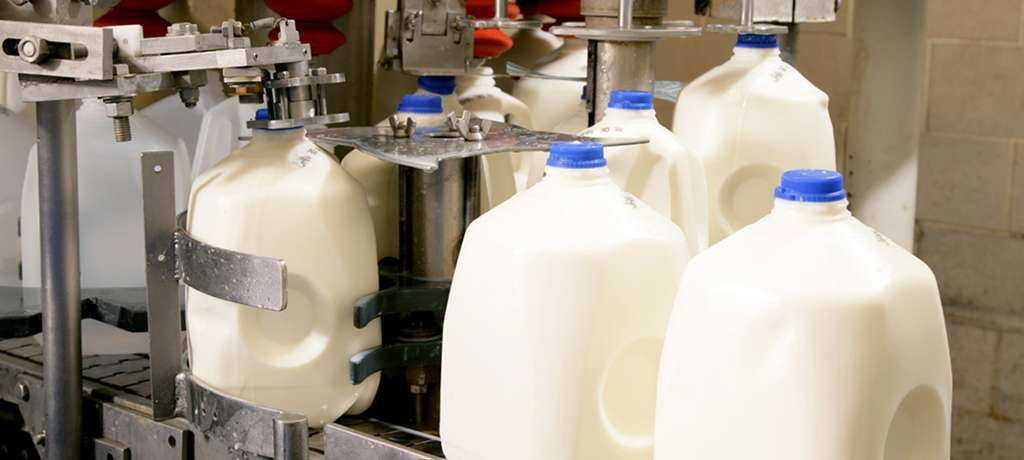It’s Time to Learn Your Milk Facts
Mealtime can be a messy affair — from serving picky eaters and learning their preferences to meal prepping and scheduling family time at the table — and it can be tough to think about good nutrition when life just gets so busy. That’s why real dairy milk is a super simple choice for both you […]
Mealtime can be a messy affair — from serving picky eaters and learning their preferences to meal prepping and scheduling family time at the table — and it can be tough to think about good nutrition when life just gets so busy.
That’s why real dairy milk is a super simple choice for both you and your family. It’s one of the most naturally nutrient-rich beverages you can find, which means you don’t even have to think about it. Milk just works as an easy and affordable option for a well-balanced diet.
5 Milk Nutritional Facts You Need to Know
1. Milk Is A Nutrient Powerhouse.
Milk isn’t just for kids – although it’s especially important for your growing kids who need the nourishment that milk provides. Milk is an affordable, convenient and easily accessible source of essential nutrients for both parents and kids.
Milk is Americans’ top food source of calcium, vitamin D and potassium — three nutrients that are most often lacking in our diet. Milk is also a good source of high-quality protein. Each 8-ounce glass of milk contains eight grams of protein. Just compare that to a large egg, which contains six grams of protein.
2. Milk Contains What’s Good for You and Your Family.
No matter what you choose, fat free, low fat, flavored or organic, dairy milk provides nine essential nutrients — and you can be assured that milk is not diluted. If you prefer whole milk, it’s actually 3.25% milkfat by weight – which is not as much as many people think. Since milk is highly regulated, you can feel good about its safety. Each shipment from the farm is carefully tested for antibiotics, and any milk testing positive for antibiotics is discarded before it reaches the dairy case. So you can feel confident your milk is safe and wholesome.
3. Milk Offers A Range of Health Benefits, Backed by Decades of Research.
While some people may claim that milk isn’t necessary, a large body of scientific research reinforces the importance of milk and milk products in the diet. Studies repeatedly show milk’s health benefits when you drink two to three glasses a day. Milk helps build and maintain bone strength, and has been found to boost muscle growth and support healthy weight. Milk and milk products are valuable foods that nourish people around the world and play a valuable role in global public health.
4. It’s Not Easy to Replace Milk.
It’s hard to get enough of nutrients you need without milk in your diet. Studies with adults and kids have shown just how tough that is, and how missing those nutrients can have a negative health impact.
The truth is, not all non-dairy milks have the same nutrients as real milk, so it’s important to know what you are getting in each glass. For instance, dairy milk has as much as eight times the protein of rice, coconut, flax and most almond milks — which can contain a long list of ingredients, including added sugar, salt, thickeners and stabilizers. Real milk’s ingredient list is short and simple, with only ingredients you know.
5. Milk Is Real, Wholesome and Produced by Family Farmers.
Milk is one of the original farm-to-table foods. It’s a product from farm families that care about their cows. In fact, 97% of dairy farms are still family-owned and operated — passed down from generation to generation. Little handling is done from farm to fridge — primarily pasteurization, a simple heat-treated process that ensures the milk you buy at the store is safe to drink, but does not reduce the nutrients inside. Milk is a naturally nutrient-rich, whole food.
Learn more about milk’s health benefits and find some great recipes with milk to add to your menu.



